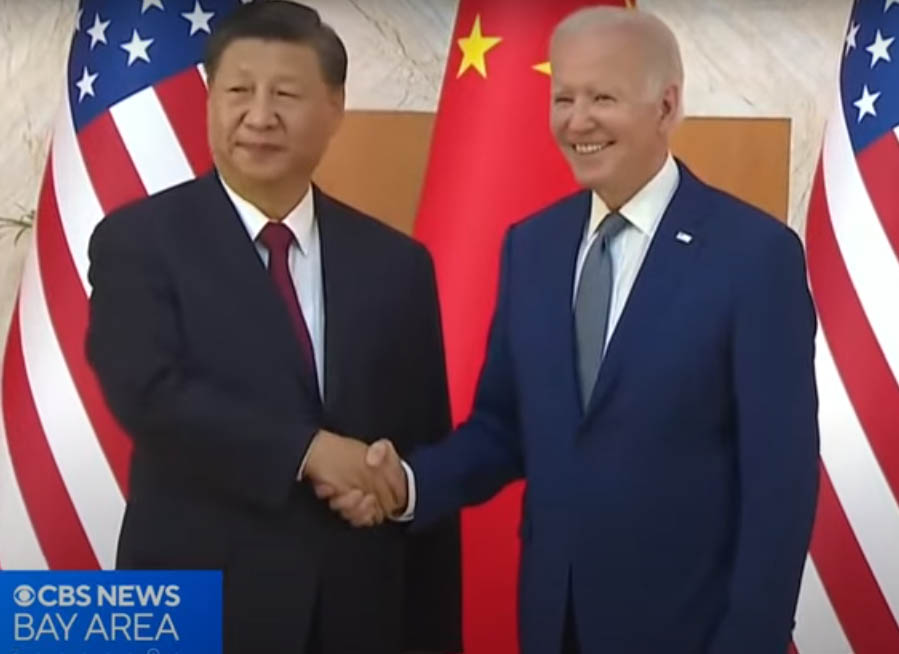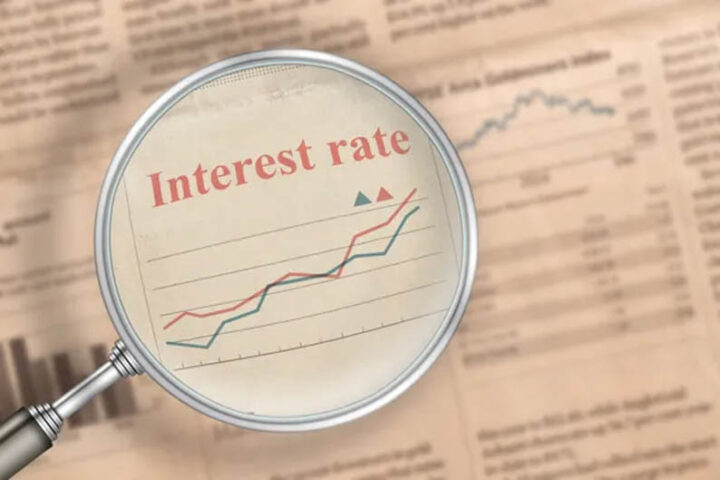Despite low expectations for “a long list of outcomes,” markets will welcome US President Joe Biden’s highly anticipated meeting with Chinese President Xi Jinping on Wednesday in the San Francisco Bay area, according to the CEO of a leading advisory and fintech.
It comes ahead of the first meeting between the two world leaders in a year – and the first time Xi has been in the US since 2017 – as ties between the superpower rivals are at their most tense point in decades, explained Nigel Green, CEO of deVere Group.
A senior White House official told reporters, “we’re not talking about a long list of outcomes or deliverables… The goal is about managing the competition, preventing the downside risk of conflict and ensuring channels of communication are open.”
Green said this meeting is mostly about symbolism, rather than deliverables. But this high-stake symbolism is important for global markets.
“Improved diplomatic relations, clearing up misperceptions and circumnavigating surprises between the two economic powerhouses will contribute to enhanced market stability,” he said.
“The China-US trade tensions that have characterised recent years have often resulted in market fluctuations and increased uncertainty.”
Investors, sensitive to geopolitical risks, tend to react nervously to trade disputes and political tensions between major economies.
“A more amicable relationship can only mitigate these risks, creating an environment where markets operate with greater predictability,” Green added.
Furthermore, a positive turn in China-US ties is likely to open new avenues for collaboration and economic partnerships.
“Both countries possess immense economic influence, and their cooperation can drive global growth. Increased trade opportunities, reduced tariffs, and a more open economic dialogue will stimulate cross-border investments and facilitate the flow of capital between the two nations,” said the deVere CEO.
Catalyst
This collaborative approach should act as a catalyst for financial markets, promoting economic interconnectedness and diversification.
The potential for eased trade tensions also bodes well for multinational corporations operating in both China and the United States.
Green noted that, “a more harmonious relationship will translate into a friendlier business environment, with reduced regulatory uncertainties and fewer trade barriers. This, in turn, can positively impact corporate earnings, driving investor confidence and stock market performance on a global scale.”
Moreover, an improved relationship can contribute to the stabilisation of global supply chains. The trade tensions of recent years have prompted companies to reconsider their supply chain strategies, often leading to disruptions and increased costs.
A more cooperative stance between China and the U.S. would alleviate these concerns, providing a conducive environment for businesses to optimise their supply chains and operate more efficiently. This, in turn, can have a “cascading effect on the financial markets” as companies benefit from improved operational efficiency and cost-effectiveness.
The deVere CEO concluded, “as the world eagerly watches the diplomatic developments unfold between Biden and Xi this week, financial markets will be buoyed from signs of a more cooperative and connected global economic landscape.”









